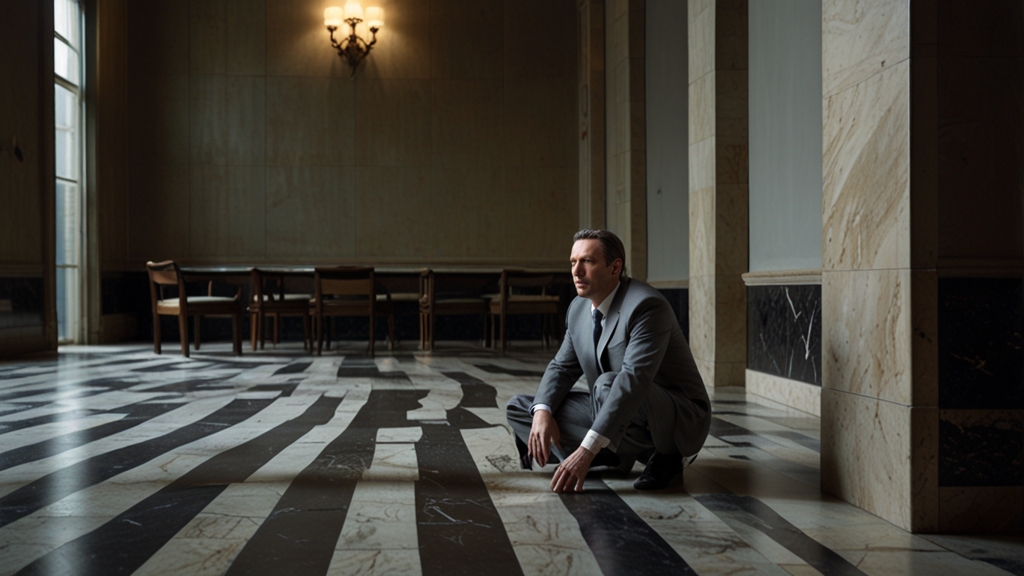Introduction
Faith has always been a cornerstone in the belief systems of many religions, and Christianity is no exception. Among the numerous accounts in the Bible, the miracles of Jesus stand out as powerful testimonies to the role of faith in healing. This article delves into the descriptions of these miracles, the significance of faith in these accounts, and how these stories continue to influence modern spiritual practice.
The Biblical Accounts of Jesus’ Miracles
The New Testament is replete with descriptions of Jesus performing miraculous acts, many of which involve some form of healing. From curing lepers and the blind to raising the dead, these miracles serve as evidence of divine power and compassion. One of the most famous accounts is found in the Gospel of Mark:
“And a woman was there who had been subject to bleeding for twelve years. She had suffered a great deal under the care of many doctors and had spent all she had, yet instead of getting better she grew worse. When she heard about Jesus, she came up behind him in the crowd and touched his cloak, because she thought, ‘If I just touch his clothes, I will be healed.’ Immediately her bleeding stopped and she felt in her body that she was freed from her suffering. Jesus turned around in the crowd and asked, ‘Who touched my clothes?’” (Mark 5:25-30).
The Role of Faith in Healing
One of the recurring themes in these miracle stories is the indispensable role of faith. In the case of the woman with the issue of blood, her healing was initiated by her profound faith in Jesus’ ability to cure her condition. When Jesus realized that power had gone out from him, he told her, “Daughter, your faith has healed you. Go in peace and be freed from your suffering” (Mark 5:34). This statement directly links her faith to her physical healing.
Faith as a Catalyst
Jesus frequently emphasized that faith was a prerequisite for healing. In several instances, he questioned the faith of individuals seeking his help, and their responses often determined the outcome. For instance, when Jesus healed two blind men who followed him, he asked, “Do you believe that I am able to do this?” They replied, “Yes, Lord,” and he restored their sight, saying, “According to your faith let it be done to you” (Matthew 9:28-29).
The Communal Aspect of Faith
The role of faith is not limited to individual belief. There are accounts where the faith of others facilitated the healing of a person. One such example is the story of the paralytic man who was brought to Jesus by his friends:
“Some men came, bringing to him a paralyzed man, carried by four of them. Since they could not get him to Jesus because of the crowd, they made an opening in the roof above Jesus by digging through it and then lowered the mat the man was lying on. When Jesus saw their faith, he said to the paralyzed man, ‘Son, your sins are forgiven.’” (Mark 2:3-5).
Modern Implications
These Biblical stories continue to hold significant meaning for believers today. The notion that faith can lead to healing is a compelling aspect of Christian theology. Many contemporary Christians find solace and strength in these narratives, applying the principle of faith in their own lives—whether it be praying for personal health, the well-being of loved ones, or more abstract forms of 'healing' like emotional or spiritual recovery.
This belief in the power of faith to effect change is seen in various practices, such as faith healing services, prayer groups, and even individual prayer rituals. While the outcomes may not always be as instantaneous or dramatic as those depicted in the Bible, the underlying conviction that faith can bring about real, transformative change remains potent and inspiring.
Conclusion
The miracles of Jesus offer a profound exploration of the role of faith in healing. These accounts, deeply rooted in faith, serve as timeless testimonials to the power of belief. They invite believers to consider the strength of their own faith and its potential to bring about not just physical healing but holistic well-being. Through these stories, one can truly appreciate the intricate connection between faith and divine intervention, a connection that continues to resonate deeply within Christian communities around the world.










